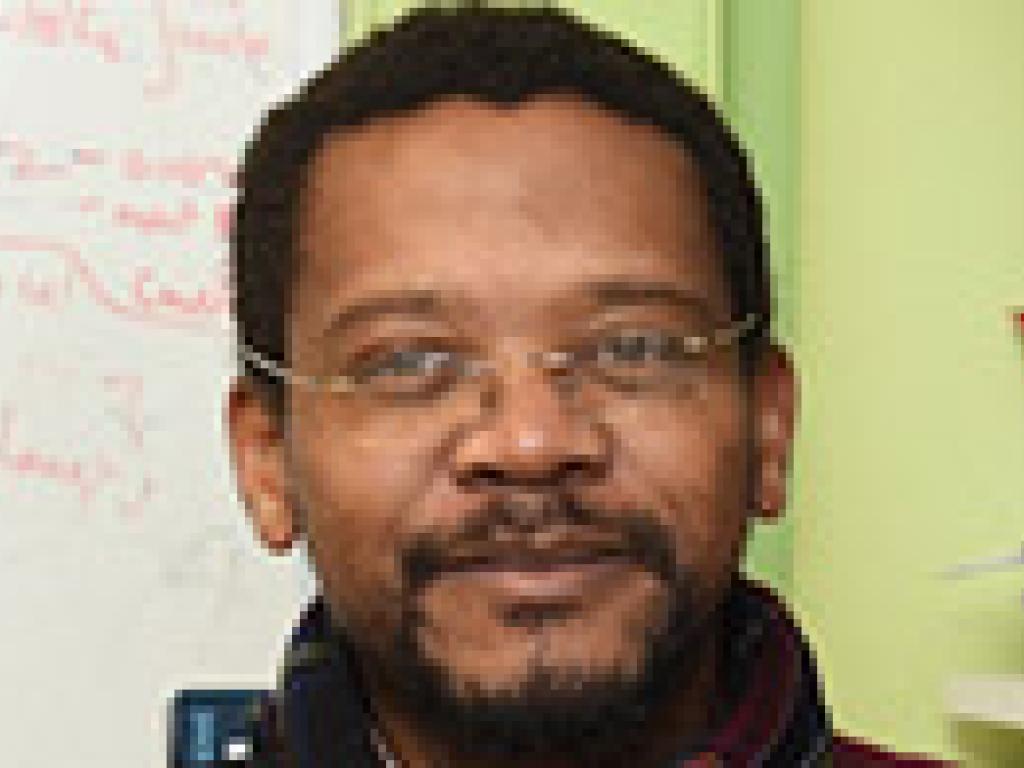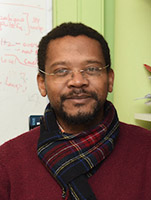A ray of hope for neglected African disease: sickle cell disease

19 April 2017, adapted from UCT FHS news

“The centre will allow us to build a robust platform to support the activities of a companion Pan African Sickle Cell Disease Consortium (SPARCo), which brings together leading SCD researchers and clinicians from high-, middle- and low-income countries to bring about real change – not only for victims of SCD but affected communities and regions”. Key to the work of SADaCC is the coordination of longitudinal cohort studies. “The centre will have a direct impact on how patients are treated in clinics,” Wonkam says. Critical to the future work of SADaCC is the focus on translating the research into policy and practice changes. One of the main conditions of the NIH/NHLBI grant was a formal commitment from the ministries of health in the collaborating countries.
Full article: http://www.health.uct.ac.za/news/ray-hope-neglected-african-disease-sickle-cell-disease
